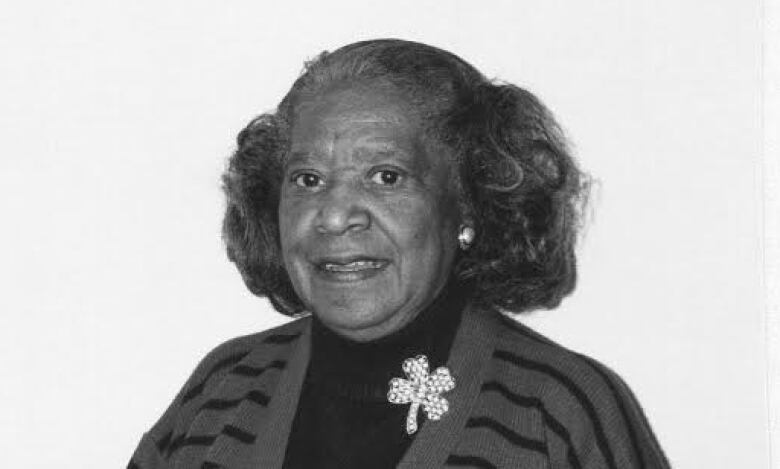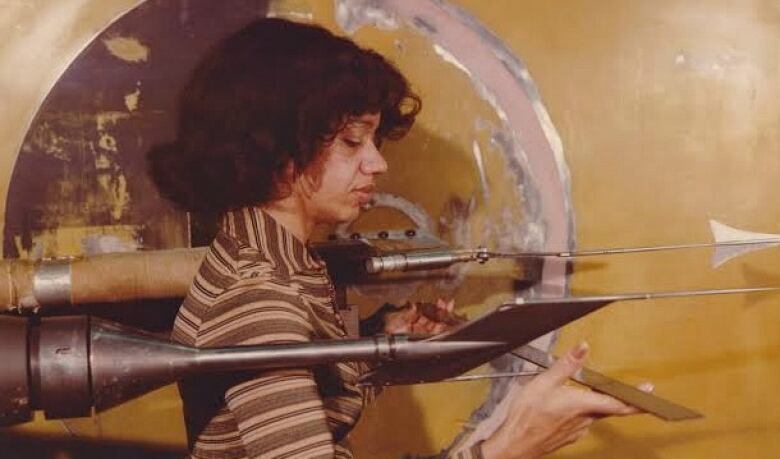ENCORE | Meet the black women who broke ground in NASA space race

When you think of computers you probably don't think of people, and you probably don't think of a group of women —many of them black women — solving math equations for what we now call NASA. But that's how it was half a century ago.
When we think about the first black Americans in the space program, we're talking about women.- Author of Hidden Figures, Margot Lee Shetterly
A computer was a job category for someone who did calculations — a task mostly done by women at the Langley Memorial Aeronautical Laboratory in Hampton, Va.

Author Margot Lee Shetterly found that at least 80 black women worked as "human computers" at NASA during the mid-20th century. She talks about this in her new book Hidden Figures: The American Dream and the Untold Story of the Black Women Mathematicians Who Helped Win the Space Race.
"When we think about the first black Americans in the space program, we're talking about women," Shetterly tells The Current's Anna Maria Tremonti in October.
"I think that the everyday courage of these women definitely created opportunities for women of all colours and for African-American men."

In a time where segregation was very much alive in West Virginia, women like Mary Jackson, and Katherine Johnson challenged their white males bosses and became progressive leaders in their field.
"Having a job as a professional mathematician, and in one of the highest level scientific organizations in the world —that truly was a door opening on an entirely new way of living and working," says Shetterly.

"John Glenn asked Katherine Johnson to basically check the computer output. Let's make sure that these numbers are correct. 'Get the girl to do it' is what he said," Shetterly tells Tremonti.
"Girl being the name for basically all of the human computers ."
"If her calculations match those of the computers, well then you know I'm satisfied and, you know, I'm ready to go into space," Shetterly says of Glenn's reasoning for his request.

In 1967, Christine Darden watched men with the same qualifications at NASA secure jobs as engineers and rise through the ranks while she was stuck as a "human computer."
"As I was growing up, we always heard we were going to have to run really fast, faster than everybody else." Darden tells Tremonti.
Darden, who had a master's degree in applied mathematics and a physics minor, confronted her boss John Becker about the lack of equality and opportunity for women — a discussion that took guts and led to a promotion.
"We always heard that I guess white men were smarter than we were. That was sort of the attitude that was in the community."

Shetterly tells Tremonti she hopes a new generation of girls and young black women will be inspired to help deconstruct "preconceived notions that we have about who gets to be a scientist."
"I think it's important."
Listen to the full conversation at the top of this web post.
This segment was produced by The Current's Karin Marley.